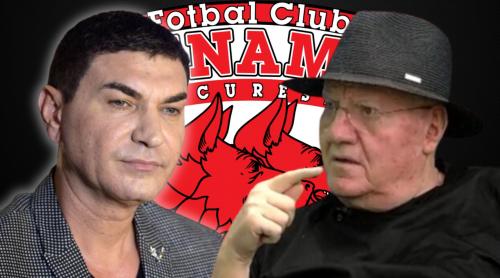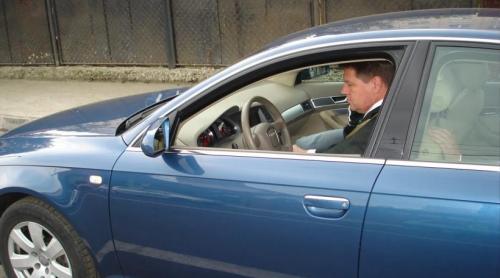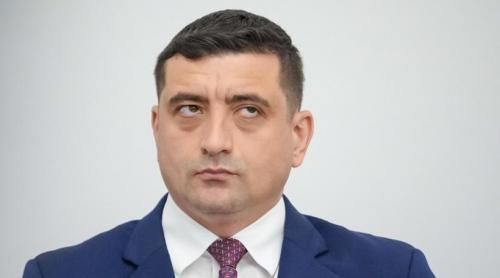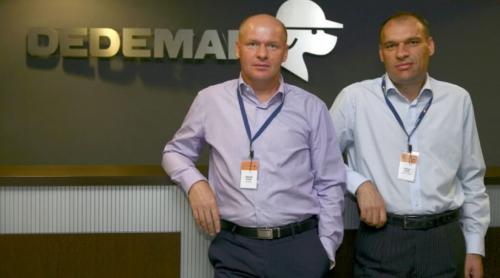
Recently, the European Parliament rejected an amendment to the report on foreign policy for security and defense of the EU, which demanded that it should recognize and respect the existence of the protagonists of international relations that have other models of life and social organization
Recently, the European Parliament rejected an amendment to the report on foreign policy for security and defense of the EU, which demanded that it should recognize and respect the existence of the protagonists of international relations that have other models of life and social organization, along with defending and promoting their values, by accepting to discuss and cooperate with them. For an organization that glorifies tolerance, respect for diversity, culture of dialogue, common projects strategy, positive rationalism and spirit, such a decision is a reason perplexity. Very common for the state of mind that currently dominates the European Parliament, even though not estranged to bureaucratic dogmatism, which tends to define the essence of external action of the European Commission, it reflects the neo-conservative unhappy mentalities installing at the head of the EU.
Neo-conservativeness argues that the objectives and methods
of any external actions depend on the nature of a political system that designs
and develops it. Accordingly, if the Europeans want to be successful in foreign
policy, they should offer themselves partners having a convenient domestic
system based on European values. That involves transforming the export political
model or the values of European external actions in its main target. In other
words, subsuming the European foreign policy – as much as it exists – to the
intervention ideas meant to change the political regimes of potential foreign
partners. Such a doctrine that fits like a glove to the Cold War veterans, who,
forgotten in the ditches of the holy fight against the "empire’s evil"
and without noticing the de-ideologization of the international order, want to
involve the EU in a new crusade against the "other". In such a
framework, the Russian-phobia and the American-phobia join with the
anti-Chinese, anti-Serbian and anti-Iranian prejudices.
Unfortunately, unlike the U.S., the EU does not have the
decision-making mechanism and the ability to mobilize the necessary resources
to practice such a an “intercessionism”. It's what mature democracies of the Union know better. Therefore, the bellicosity of the new
or restored democracies, which recently escaped from Soviet-Russian prison,
determines the founding members to use counter-values more consistent
especially because the rhetoric of the dispute is likely to dominate the
European Parliament and to find reflection in the narcissist arrogance European
Commission officials. In the process of this major schisms between
neo-conservative and realists, the approach regarding the first ones sacrifices
efficiency, while the remedies of the latter sacrifice values. While
neo-conservatives transform the outsourcing of European values into the target
of their external actions, the radical realists exclude the values from the
choice of means as well. (Let’s see the attitude towards the independence of
Kosovo or the bilateral agreements with Russia in the energy field).
This dangerous happening of events must stop. EU needs a
healthy realism in its foreign policy. Regardless of the political nature of
the regime, any actor is concerned about increasing its power, namely
strengthening the control over the vital resources. This is the perspective
needed to clearly define the overall interests of the EU in accordance to the
existential needs of the European citizens and to identify the available levers
that can be converted into incentives – that should be harsh, but soft and
persuasive, but coercive at the same time – able to determine the external
partners to have adequate attitudes.
The Europeans should immediately abandon narcissism and
egocentrism and start behaving like soldiers-monks left to baptize the
barbarian world. By keeping their faith in their values and their belief in
their superiority, they have to admit the right of the others to not being
right just to prove that they are right. That is, they should recognize the
diversity of the world, to learn to operate in an environment in which they get
to meet more concepts of life and to accept to negotiate with the opponents or
adversaries, not only with friends (more or less artificial).
Promoting the European values cannot be obtained through
lectures about perfection of the European model or by imposing it, but by
integrating these values in the means with which the Europeans will meet their
interests. In the case of the EU, this is the secret of realistic balance
between resources and objectives. The constant conformity between the European
values and the European behavior in the external actions is the guarantee of
the fact that Europe will never remain without
allies. The obsession of imposing the European values in the behavior of the others
is the way to secure internal separation and external self-isolation.

















